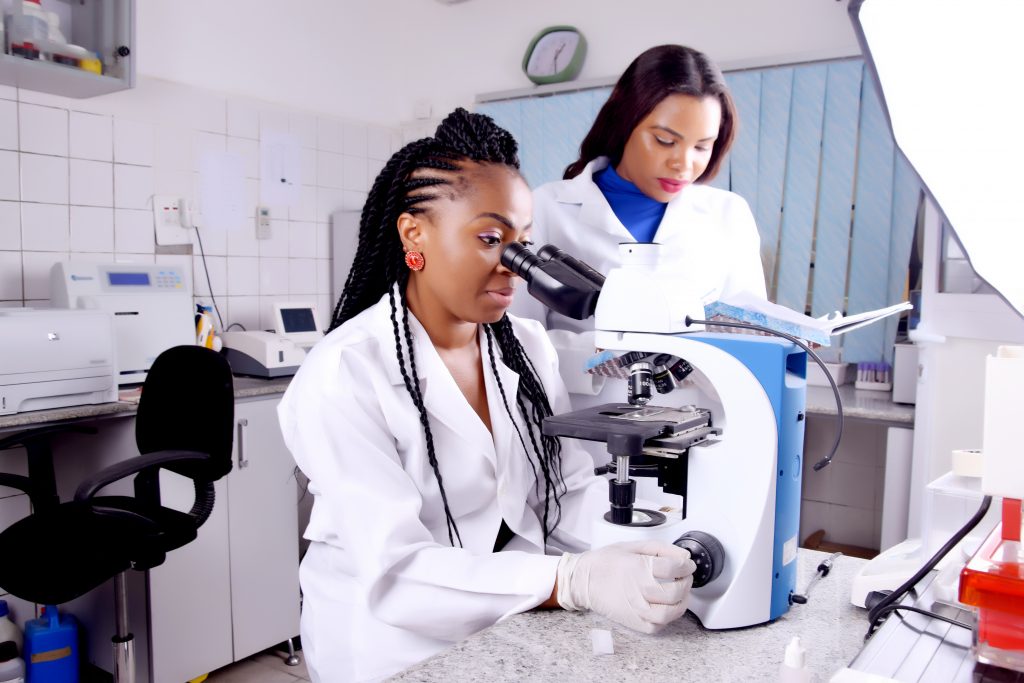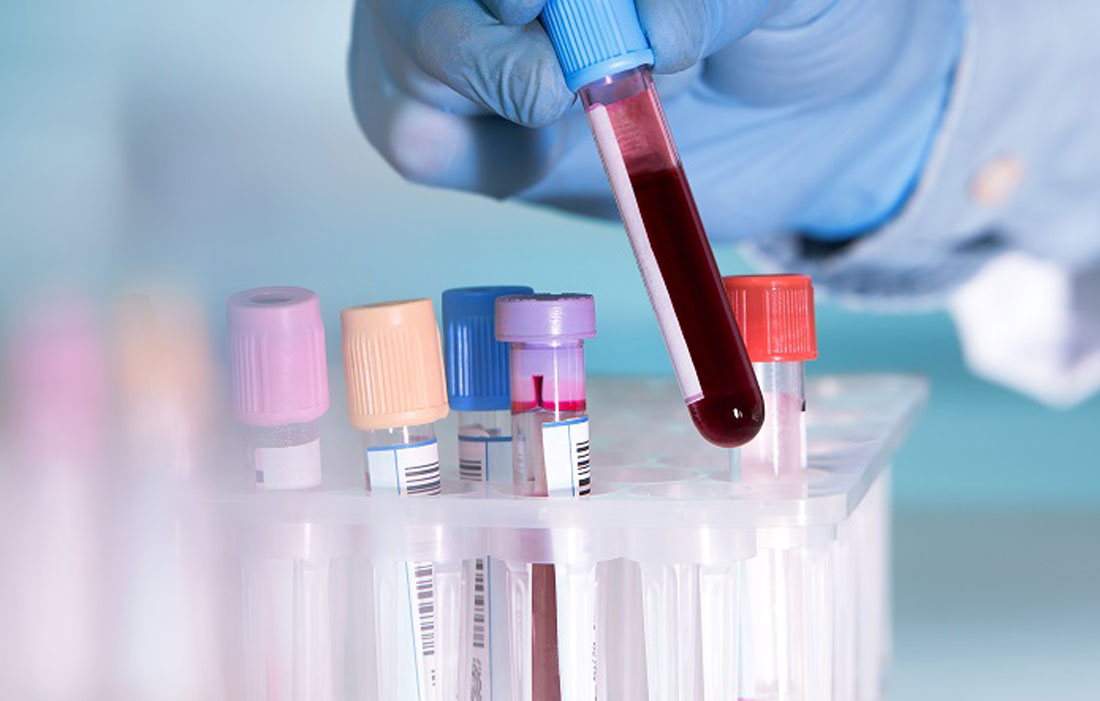
Welcome to the Alfrose Medical Laboratory Services blog! Today, we embark on a journey into the microscopic realm of microbiology. This crucial field of study helps us understand the unseen organisms that play significant roles in health, disease, and the environment.
What is Microbiology?
Microbiology is the branch of science that deals with the study of microorganisms. These tiny entities, often invisible to the naked eye, include bacteria, viruses, fungi, and protozoa. Microbiologists explore the complex interactions between these microorganisms and their hosts, contributing to advancements in medicine, agriculture, and industry.
The Significance of Microbiology
Microorganisms are everywhere – in the air, soil, water, and within our bodies. While some are beneficial and essential for life, others can cause infections and diseases. Understanding microbiology is key to:
- Developing antibiotics and vaccines.
- Ensuring food safety and quality.
- Advancing biotechnology and industrial processes.
- Monitoring and controlling infectious diseases.
Key Areas of Microbiology
- Bacteriology: The study of bacteria, which can range from beneficial strains aiding digestion to harmful pathogens causing diseases like tuberculosis and strep throat.
- Virology: The study of viruses, which are responsible for illnesses such as the flu, HIV/AIDS, and COVID-19. Virologists work on understanding virus structure, replication, and interaction with host cells.
- Mycology: The study of fungi, including yeasts and molds. While some fungi are useful in medicine and food production, others can cause infections like athlete’s foot and systemic mycoses.
- Parasitology: The study of parasites, organisms that live on or in a host and may cause diseases like malaria, giardiasis, and toxoplasmosis.
- Immunology: Closely related to microbiology, immunology focuses on the immune system and how it defends the body against microbial invaders.
Diagnostic Techniques in Microbiology
Accurate diagnosis of microbial infections is essential for effective treatment. Here are some common microbiological diagnostic techniques:
- Culture Methods: Growing microorganisms in specific media to identify them based on their growth patterns and biochemical characteristics.
- Microscopy: Using microscopes to observe microorganisms directly, often with staining techniques to enhance visibility.
- Molecular Methods: Techniques such as PCR (polymerase chain reaction) and sequencing to detect and identify microorganisms at the genetic level.
- Serology: Testing for antibodies or antigens in the blood to diagnose infections and monitor immune responses.
- Antimicrobial Susceptibility Testing: Determining the sensitivity of microorganisms to various antibiotics to guide effective treatment.
Advances in Microbiology
Microbiology is a rapidly evolving field, with ongoing research leading to breakthroughs in disease prevention, diagnosis, and treatment. Recent advancements include:
- CRISPR Technology: A revolutionary tool for genetic engineering and potential therapeutic applications.
- Next-Generation Sequencing (NGS): Enabling detailed analysis of microbial genomes and rapid identification of pathogens.
- Metagenomics: Studying microbial communities directly from environmental samples without culturing.
Conclusion
At Alfrose Medical Laboratory Services, we pride ourselves on our state-of-the-art microbiology laboratory and skilled team of microbiologists. Our comprehensive microbiological services help in diagnosing and managing infectious diseases, ensuring you receive the best care possible.
We hope you found this exploration of microbiology insightful. Stay tuned to our blog for more fascinating insights into the world of medical science. For any microbiology-related inquiries or to schedule a consultation, feel free to contact us.
Your health and well-being are our top priorities!
Visit the Alfrose Medical Laboratory Services website for more information on our microbiology services, or to book an appointment. We’re here to support your health journey with expertise and compassion!
